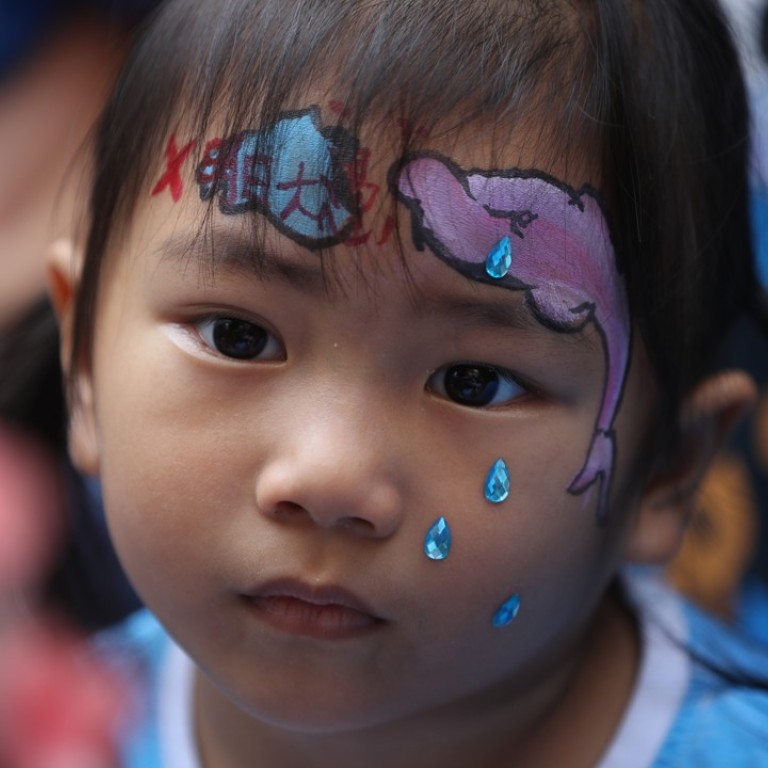Advertisement
Advertisement

Lantau reclamation: How long will Hong Kong stay fixated on growth and blind to reality?
The proposed artificial island off Lantau raises several important issues, which the Hong Kong government and its advisers seem to be ignoring (“Hong Kong ‘could make trillions of dollars’ in Lantau reclamation deal”, October 22). The UN’s latest Intergovernmental Panel on Climate Change report unequivocally states that we have just 12 years to reduce our carbon emissions by 45 per cent to minimise severe climate disruption (“Hong Kong’s annual global warming bill is HK$22 billion”, but do we have the will to pay it?”, October 21). At least 97 per cent of climate scientists attribute most global warming since 1950 to human activity.
The sixth mass extinction is well underway, with numbers of animals declining drastically worldwide, pollinating and other insect numbers down 70 per cent and bird numbers down 50 per cent in parts of Europe, for instance, mostly due to agricultural and development-driven habitat destruction.
Food will inevitably be negatively impacted and meat and fish consumption, along with the consumption of materials, will urgently need to be drastically reduced, as will the creation of plastic waste in particular. The continued pursuit of ever-increasing economic growth under the current consumption model is frankly suicidal.
More practically, given there is a global shortage of building sand and the millions of tonnes needed for the islands, where will the sand for reclamation come from (“Funding for artificial island studies to be sought as Hong Kong officials press ahead with ‘Lantau Tomorrow Vision’”, October 18)? Hong Kong remains fixated on growth and blind to reality. Please wake up.
Richard Fielding, honorary professor, School of Public Health, University of Hong Kong

Post
